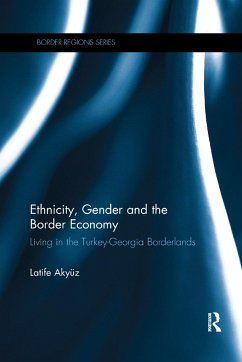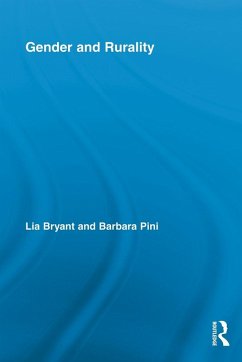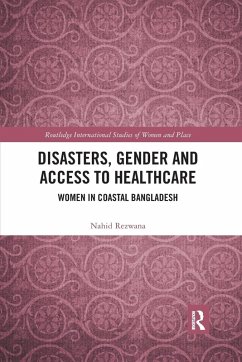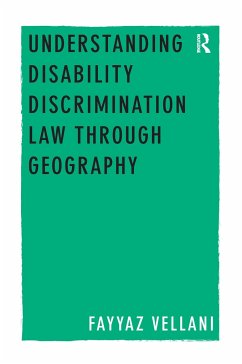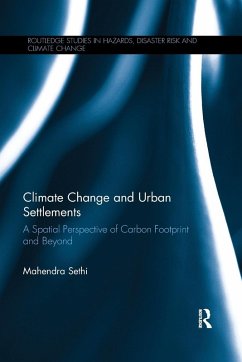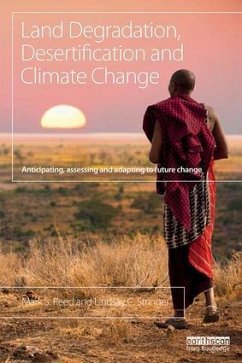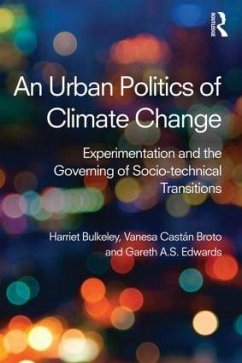
Understanding Climate Change through Gender Relations
Versandkostenfrei!
Versandfertig in 1-2 Wochen
59,99 €
inkl. MwSt.
Weitere Ausgaben:

PAYBACK Punkte
30 °P sammeln!
This book explains how gender, as a power relationship, influences climate change related strategies, and explores the additional pressures that climate change brings to uneven gender relations. It considers the ways in which men and women experience the impacts of these in different economic contexts. The chapters dismantle gender inequality and injustice through a critical appraisal of vulnerability and relative privilege within genders. Part I addresses conceptual frameworks and international themes concerning climate change and gender, and explores emerging ideas concerning the reification...
This book explains how gender, as a power relationship, influences climate change related strategies, and explores the additional pressures that climate change brings to uneven gender relations. It considers the ways in which men and women experience the impacts of these in different economic contexts. The chapters dismantle gender inequality and injustice through a critical appraisal of vulnerability and relative privilege within genders. Part I addresses conceptual frameworks and international themes concerning climate change and gender, and explores emerging ideas concerning the reification of gender relations in climate change policy. Part II offers a wide range of case studies from the Global North and the Global South to illustrate and explain the limitations to gender-blind climate change strategies. This book will be of interest to students, scholars, practitioners and policymakers interested in climate change, environmental science, geography, politics and gender studies.





